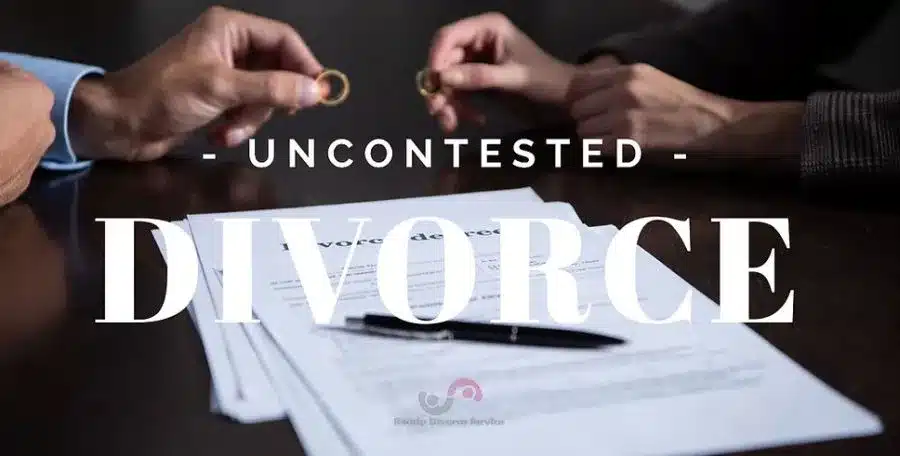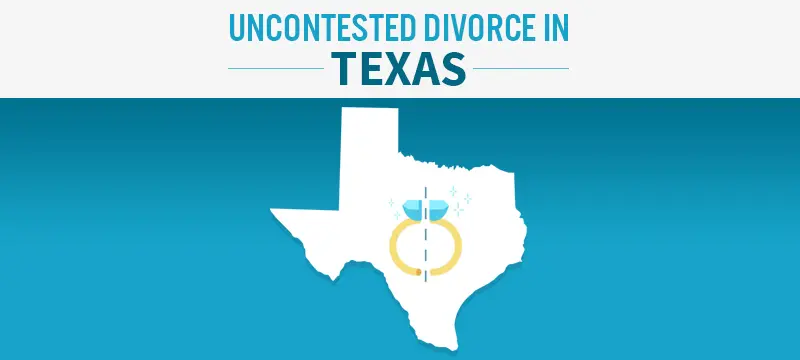Do You Have to Wait 60 Days to Get a Divorce in Texas?
Whether it is Dallas County or Tarrant County or any of the other 254 counties Texas Family Code § 6.702 requires spouses to wait 60 days before they can finalize their divorce, though there are a few exceptions that may allow you to waive the waiting period in Texas.
The waiting period means that you cannot get a divorce on or before the 60th day following the filing of the Original Petition for Divorce. Weekends and holidays are included in the waiting period, but the day the Petitioner filed the petition is not included. The first day of the waiting period begins the day after the petition is filed.
In situations where the 61st day falls on a holiday or weekend, spouses can finalize their divorce on the next business day.
Why Does the Divorce Waiting Period Exist?
The primary purpose of the 60-day waiting period is to give spouses a reasonable amount of time to consider if getting a divorce is the right thing to do or if there is still a chance to reconcile.
In other words, the waiting period keeps spouses from making rash decisions and allows them to think clearly. It is not uncommon for divorced spouses to reconcile and decide not to pursue the divorce case before the 60th day of the waiting period.

How Does the Divorce Waiting Period Work in Texas?
If you want to get a divorce in Texas, you need to understand how the state’s waiting period works. Once the Petitioner files a petition for divorce, the spouses will wait 60 days, excluding the date of filing, before they can finalize their divorce.
For example, if the petition is filed on March 2, 2023, the 60th day of the waiting period will be May 1, 2023. Thus, the parties can finish their divorce case on or after May 2, 2023, the 61st day of the waiting period.
However, just because the 61st day of the waiting period falls on May 2, 2023, does not necessarily mean that the spouses are officially divorced on that day. If the spouses do not have a settlement agreement to submit for the court’s approval by the 61st day, they can continue negotiating an out-of-court settlement or take their case to court.
The spouses can negotiate a settlement and try mediation during the waiting period. In addition, after filing the petition for divorce, the Respondent will be served with the divorce papers in the first 60 days.
In fact, the parties can take their divorce case to trial during the waiting period. What they cannot do before the 61st day of the waiting period is obtain a final decree of divorce.
If any spouse requests a hearing for an emergency or temporary order, the hearing will most likely occur during the waiting period. If the spouses have a settlement agreement ready by the 61st day after filing the petition for divorce, they may be able to get a final decree of divorce immediately after the waiting period is over.
What Are the Exceptions to the Divorce Waiting Period in Texas?
In some cases, spouses may finish their divorce case before the 60th day after the date the divorce petition was filed. Texas Family Code recognizes several exceptions to the mandatory waiting period:
- The 60-day waiting period is not required if the spouses want to get an annulment or ask the court to declare their marriage void.
- The divorce waiting period can be waived if the Respondent has been convicted of family violence against the Petitioner or a member of their household.
- The divorce waiting period can be waived if the Respondent received deferred adjudication for family violence against the Petitioner or a member of their household.
- The waiting period is not required if a protective order against the Respondent is in effect at the time of filing for divorce and the order was issued due to the Respondent’s family violence committed against the Petitioner during the marriage.
Can I Get a Divorce Before the 60th Day of the Waiting Period?
It may be possible to finalize your divorce without waiting 60 days if your case is eligible for one of the above-mentioned exceptions. While, in theory, you can get a divorce before the 60th day, doing so is practically impossible because divorce cases usually take a long time to resolve.
The duration of your divorce case depends on both parties’ willingness to reach an agreement, the number of contested issues, whether your divorce involves children, and many other factors.
Speak with an Expert to Discuss Your Case
Regardless of whether your divorce is contested or uncontested, getting divorced can be a confusing and complicated process. Whether it is Dallas or Tarrant or any of the 254 counties in Texas, Ready Divorce Service is here to help. Contact Ready Divorce Service to discuss your options or fill out our Divorce Questionnaire and we will get back to you, shortly. You can also call us at: (469) 913-4000.
Read More: The Most Common Reasons for Divorce in Texas
Looking for more advice about divorce? Here are a few of our favorite resources:
- The 9 Basic Steps for a Divorce in Texas
- Annulment vs Divorce in Texas
- General Warranty Deed vs Special Warranty Deed
- 10 Fascinating Facts about Divorce in Texas







Cool Stuff